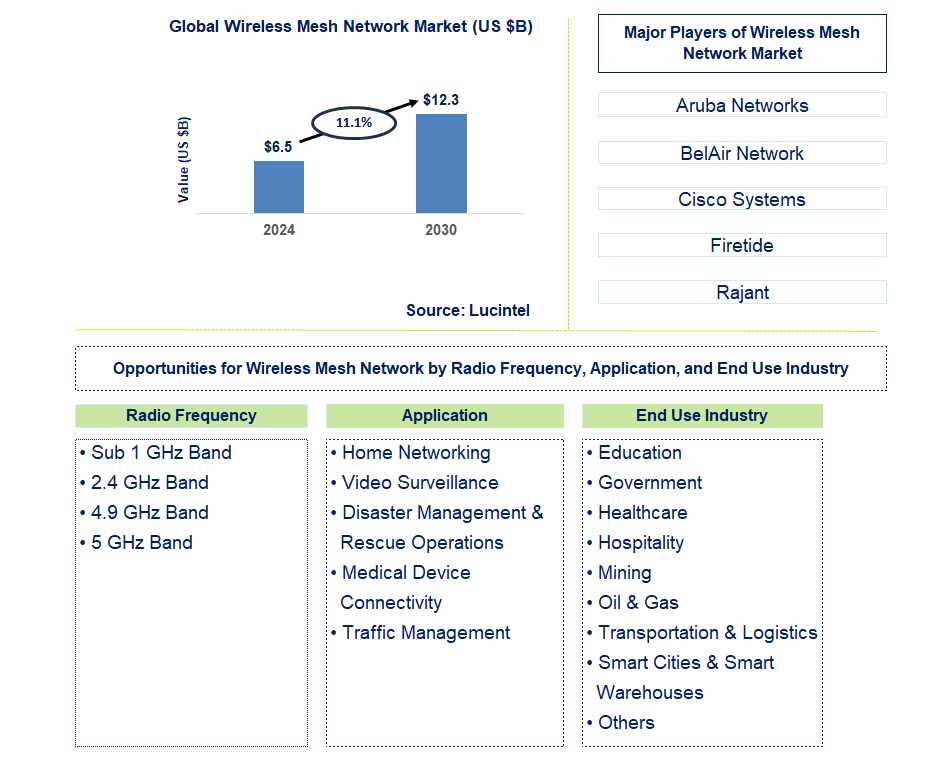Is Daycare Harmful? A Psychologist's Claims And The Expert Rebuttal

Table of Contents
Psychologist's Claims Regarding Potential Negative Impacts of Daycare
Some psychologists raise concerns about potential negative consequences of daycare attendance, focusing on several key areas. Understanding these concerns is crucial for a balanced perspective on the daycare debate.
Attachment Issues
A common concern is that extensive daycare use can lead to insecure attachment styles in children. This stems from the argument that multiple caregivers may prevent the formation of a strong, secure attachment with primary caregivers.
- Reduced one-on-one time with primary caregivers: The consistent, dedicated attention a parent can provide is often reduced when a child attends daycare.
- Potential for inconsistent caregiving styles: Different caregivers may have varying approaches to soothing, discipline, and interaction, leading to potential confusion for the child.
- Impact on the development of a secure attachment base: The consistent, responsive caregiving crucial for secure attachment might be compromised in some daycare settings. This doesn't inherently mean insecure attachment will develop, but it highlights a potential risk.
Increased Behavioral Problems
Claims also suggest that daycare environments might contribute to increased aggression, anxiety, or other behavioral challenges in children.
- Higher child-to-caregiver ratios in some facilities: High ratios can limit the individual attention each child receives, potentially leading to frustration and behavioral outbursts.
- Exposure to a wider range of social interactions, potentially including negative ones: Daycare exposes children to diverse social dynamics, which can be beneficial, but also includes the potential for exposure to negative behaviors from peers.
- Lack of individualized attention for behavioral issues: Early identification and management of behavioral issues are crucial, and daycare settings might not always provide the individualized support needed.
Cognitive Development Concerns
Some studies are cited suggesting potential delays in certain cognitive milestones for children in extensive daycare, although these findings are often debated.
- Potential for overstimulation in some environments: A highly stimulating daycare environment, while potentially beneficial in some aspects, might be overwhelming for some children, hindering focused learning.
- Limited opportunities for focused, individual learning: The group setting of many daycares might not always allow for the individual attention required for optimal cognitive development in every child.
- Specific studies and their limitations should be examined critically: It is crucial to examine the methodology and limitations of studies suggesting negative cognitive impacts, as many factors influence cognitive development.
Expert Rebuttal: Evidence Supporting the Benefits of Quality Daycare
While the concerns mentioned above are valid points for consideration, the overwhelming consensus among child development experts highlights the significant benefits of quality daycare.
Social and Emotional Development
High-quality daycare offers considerable advantages for a child's social and emotional growth.
- Interaction with peers promotes cooperation and conflict resolution: Daycare provides opportunities to learn negotiation, sharing, and empathy through interactions with other children.
- Structured activities enhance emotional learning: Well-structured programs often incorporate activities designed to help children understand and manage their emotions.
- Exposure to diverse social dynamics prepares children for future environments: Daycare helps children develop social skills and adapt to various social situations, fostering resilience and adaptability.
Cognitive Stimulation and Academic Readiness
Well-structured daycare programs can significantly contribute to cognitive development and school readiness.
- Access to enriching learning activities and educational resources: Many daycares offer age-appropriate activities that stimulate cognitive development, including language, math, and creative arts.
- Exposure to language and literacy development opportunities: Daycare settings often provide opportunities for children to enhance their vocabulary, reading skills, and communication abilities.
- Improved problem-solving skills and critical thinking abilities: Through play and structured activities, children in daycare settings develop crucial problem-solving and critical thinking skills.
The Importance of Quality and Teacher-Child Ratio
The quality of daycare is paramount. Lower teacher-child ratios generally correlate with better developmental outcomes.
- Importance of accreditation and licensing: Choosing an accredited and licensed daycare ensures adherence to safety and quality standards.
- Impact of qualified and well-trained caregivers: Experienced and well-trained caregivers can provide the individual attention and support children need.
- The need for individualized attention: Daycares with lower ratios and attentive staff are better equipped to cater to individual learning styles and developmental needs.
Conclusion
The question of whether daycare is harmful is complex. While some concerns exist about potential negative impacts, particularly regarding attachment and behavior, high-quality daycare programs offer significant benefits in social, emotional, and cognitive development. The key lies in selecting a reputable daycare with qualified caregivers, a low teacher-child ratio, and a stimulating, nurturing environment. Choosing the right daycare, therefore, is crucial in mitigating potential risks and maximizing the developmental advantages. Ultimately, a careful evaluation of individual needs and a commitment to finding the right fit is essential when considering "is daycare harmful?" for your child. Remember to prioritize quality when researching "daycare harmful" concerns and ensure your child's daycare provides a positive and enriching experience. Don't let unfounded fears about "daycare harmful" prevent you from exploring the many benefits of quality childcare.

Featured Posts
-
 L Affaire Bilel Latreche Un Boxeur De Dijon Devant La Justice Pour Violences Conjugales
May 09, 2025
L Affaire Bilel Latreche Un Boxeur De Dijon Devant La Justice Pour Violences Conjugales
May 09, 2025 -
 Alaska Residents Rally Against Doge And Trump Policies
May 09, 2025
Alaska Residents Rally Against Doge And Trump Policies
May 09, 2025 -
 Wireless Mesh Network Market To Expand Significantly A 9 8 Cagr Prediction
May 09, 2025
Wireless Mesh Network Market To Expand Significantly A 9 8 Cagr Prediction
May 09, 2025 -
 Germaniya Riski Novogo Naplyva Bezhentsev Iz Ukrainy Iz Za Politiki S Sh A
May 09, 2025
Germaniya Riski Novogo Naplyva Bezhentsev Iz Ukrainy Iz Za Politiki S Sh A
May 09, 2025 -
 Understanding The Relationship Between Dangote Nnpc And Petrol Prices
May 09, 2025
Understanding The Relationship Between Dangote Nnpc And Petrol Prices
May 09, 2025
